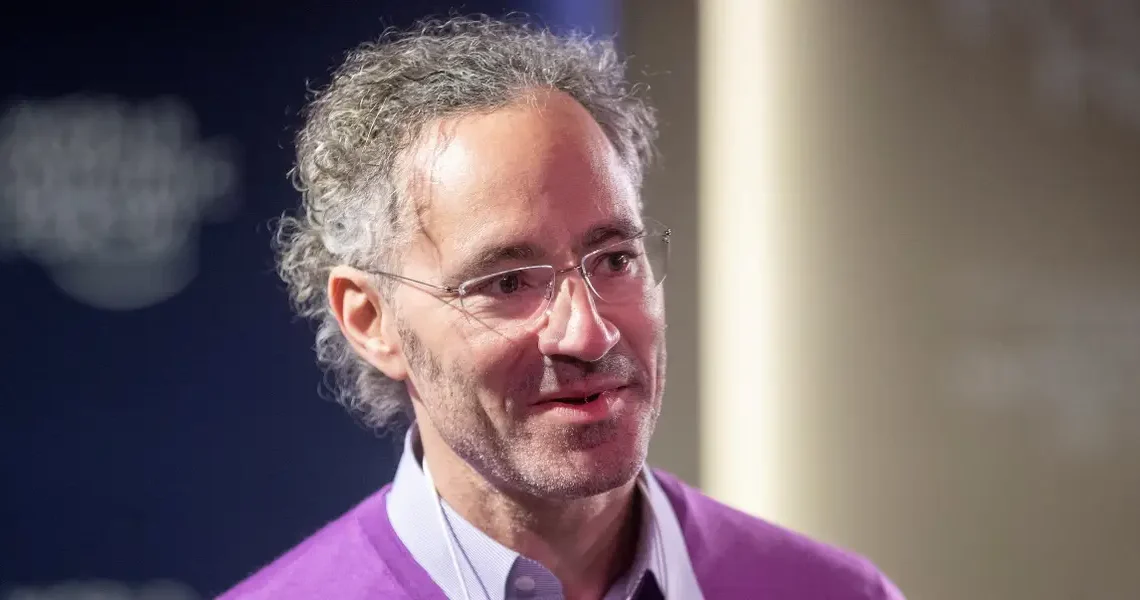Roy Rochlin/Getty Images
Tune into an appearance from Palantir CEO Alex Karp, and it’s likely you’ll hear an obscure word: Ontology.
The term is a favorite among Karp and his Palantir deputies. They drop it on earnings calls and in financial filings. They’ve said it’s behind the rise of Palantir’s stock, which is up over 140% year-to-date.
Ontology was even at the center of a spat earlier this week between the CEO and famed investor Michael Burry, who bet against Palantir.
“The idea that chips and ontology is what you want to short is batshit crazy,” Karp said on TV, after filings revealed Burry’s hedge fund had wagered against the defense tech giant.
Burry hit back on X, dropping the O-bomb twice in his response.
“A fundamental principle of any rigorous ontological/epistemological model — whether philosophical or in data science — is recognizing when your information set is insufficient for valid conclusions,” he wrote.
Insults regarding one’s “ontological” model are not heard every day — and for good reason.
Its technical meaning is, well, lofty. Ontology is “the branch of philosophy that studies existence.” Think queries like, is the phone that you’re reading this on real? Do these words exist? Do I?
It makes sense that Karp, Palantir’s eccentric and wealthy leader, would be familiar with the concept. A student of philosophy, after earning a law degree and prior to cofounding Palantir, he pursued a Ph.D. in neoclassical social theory at Goethe University in Frankfurt, Germany.
When Karp drops the O-word, he typically refers to a component of software company Palantir’s enterprise platform, Foundry, which is used to organize and analyze company data in a useful way. Launched in 2016, Foundry has played a critical role in Palantir’s rise.
The company’s Ontology has to do with the philosophical term, at least loosely. The product is responsible for connecting a company’s digital presence to its real-world one — hence the name — including its physical assets, products, orders, and transactions.
Once an Ontology is established, Palantir’s tools can run. For example, a retailer could model its global supply chain and set up alerts for out-of-stock items. A utilities company might use it for predictive maintenance across tens of thousands of miles of grid wire. A life sciences company might use it to store sensitive data, as Foundry enables companies to comply with HIPAA and other relevant standards.
“The Ontology transforms your digital assets — including data, models, and processes — into a dynamic, actionable representation of the business for all users to leverage,” Palantir’s website reads.
It’s a product that the company is advancing. Its new Edge Ontology can run on mobile devices, allowing customers to build apps and embedded software for drones and robots, Sankar said on the company’s third-quarter earnings call in early November.
As CTO Shyam Sankar said on an earnings call in May, dropping Karp’s chosen word, of course: “Our advantage comes down to Ontology.”
Read the original article on Business Insider
The post What does Palantir CEO Alex Karp’s favorite word actually mean? appeared first on Business Insider.




